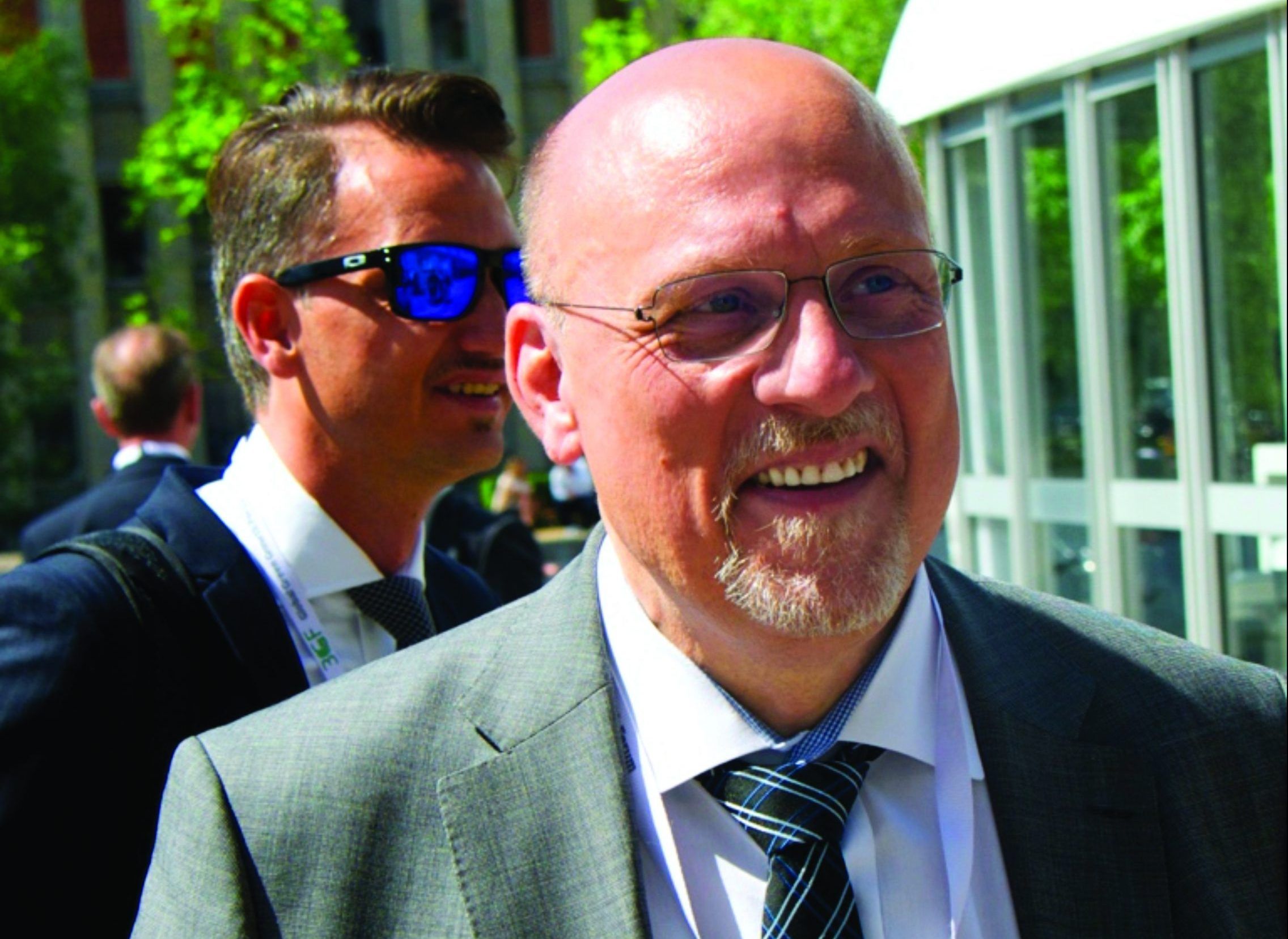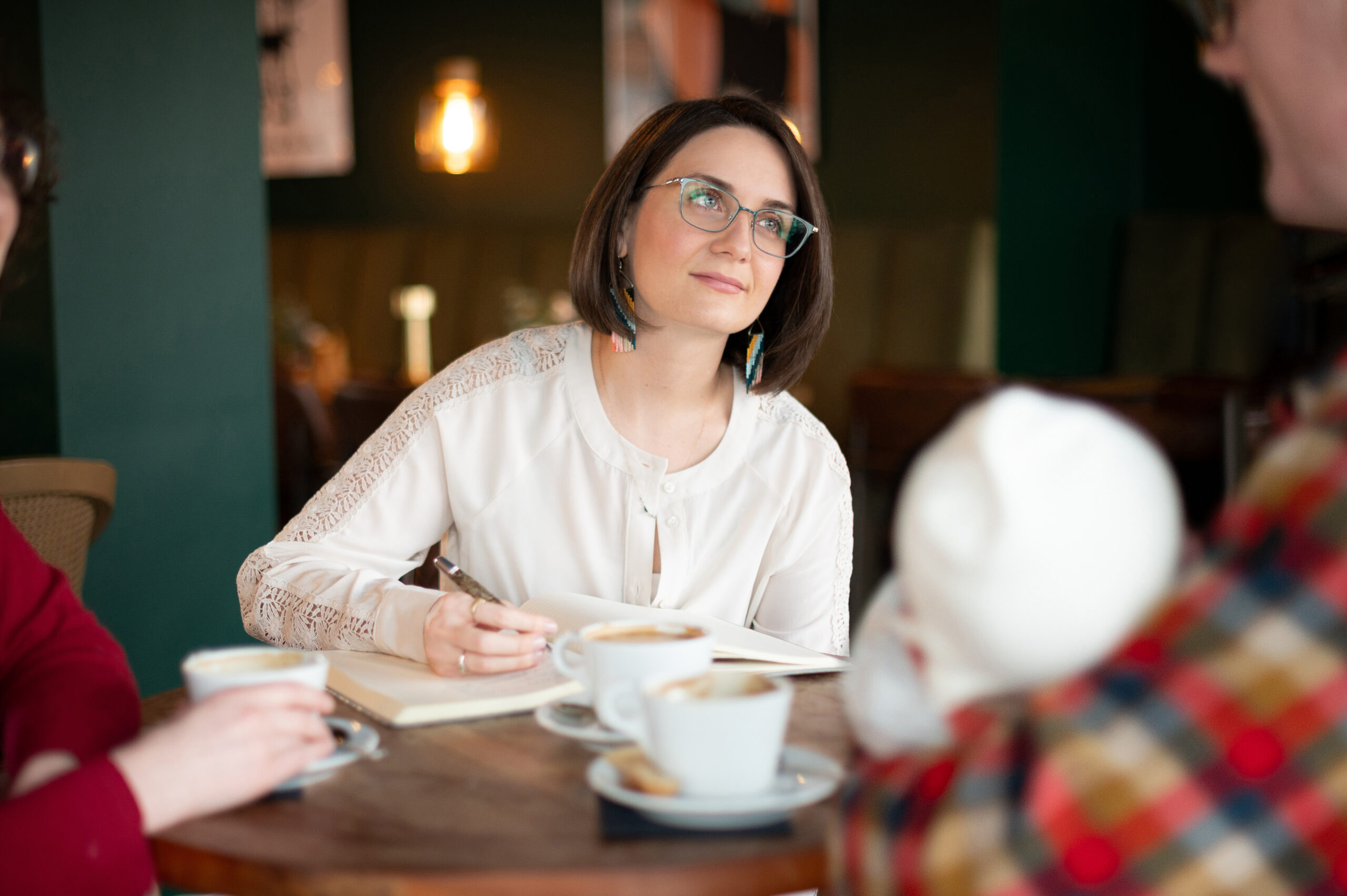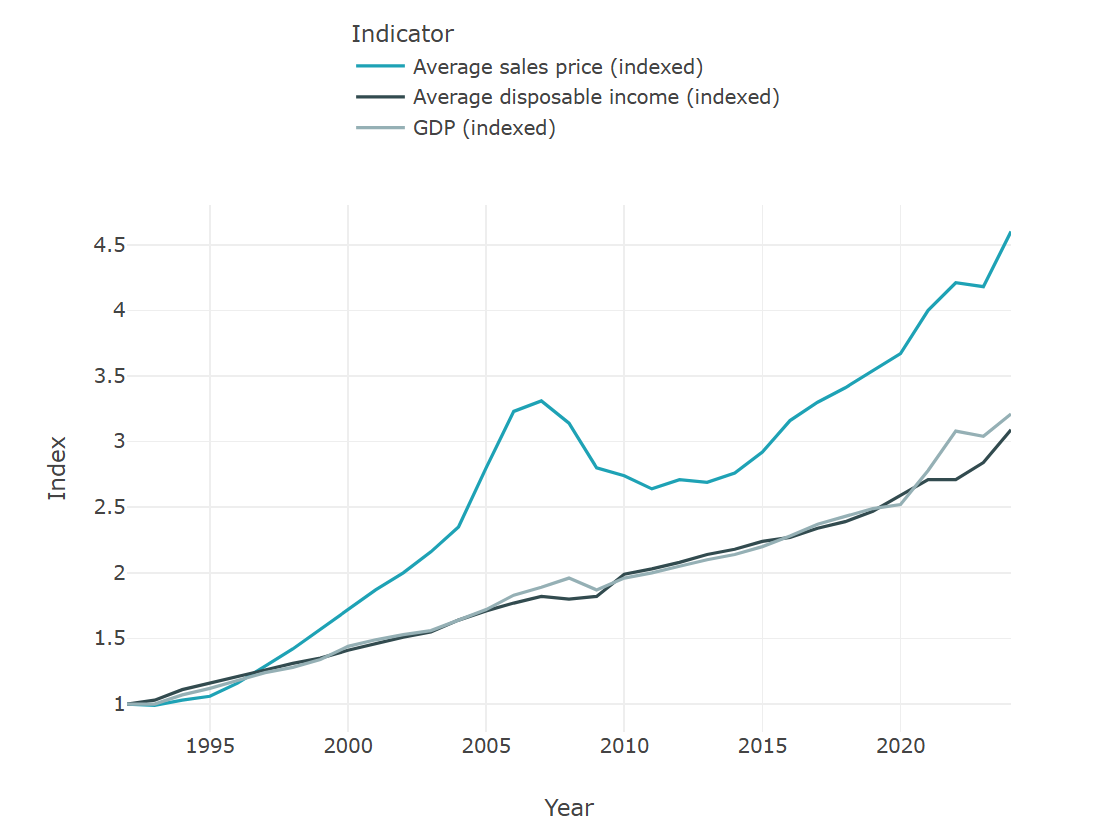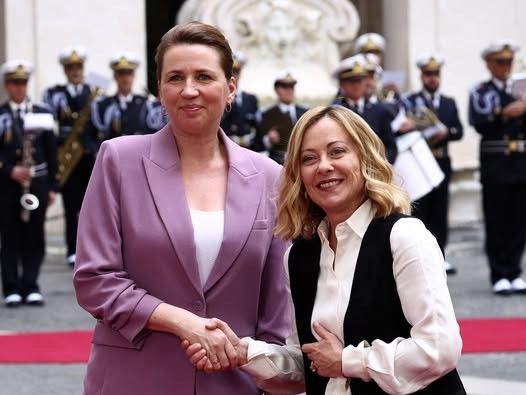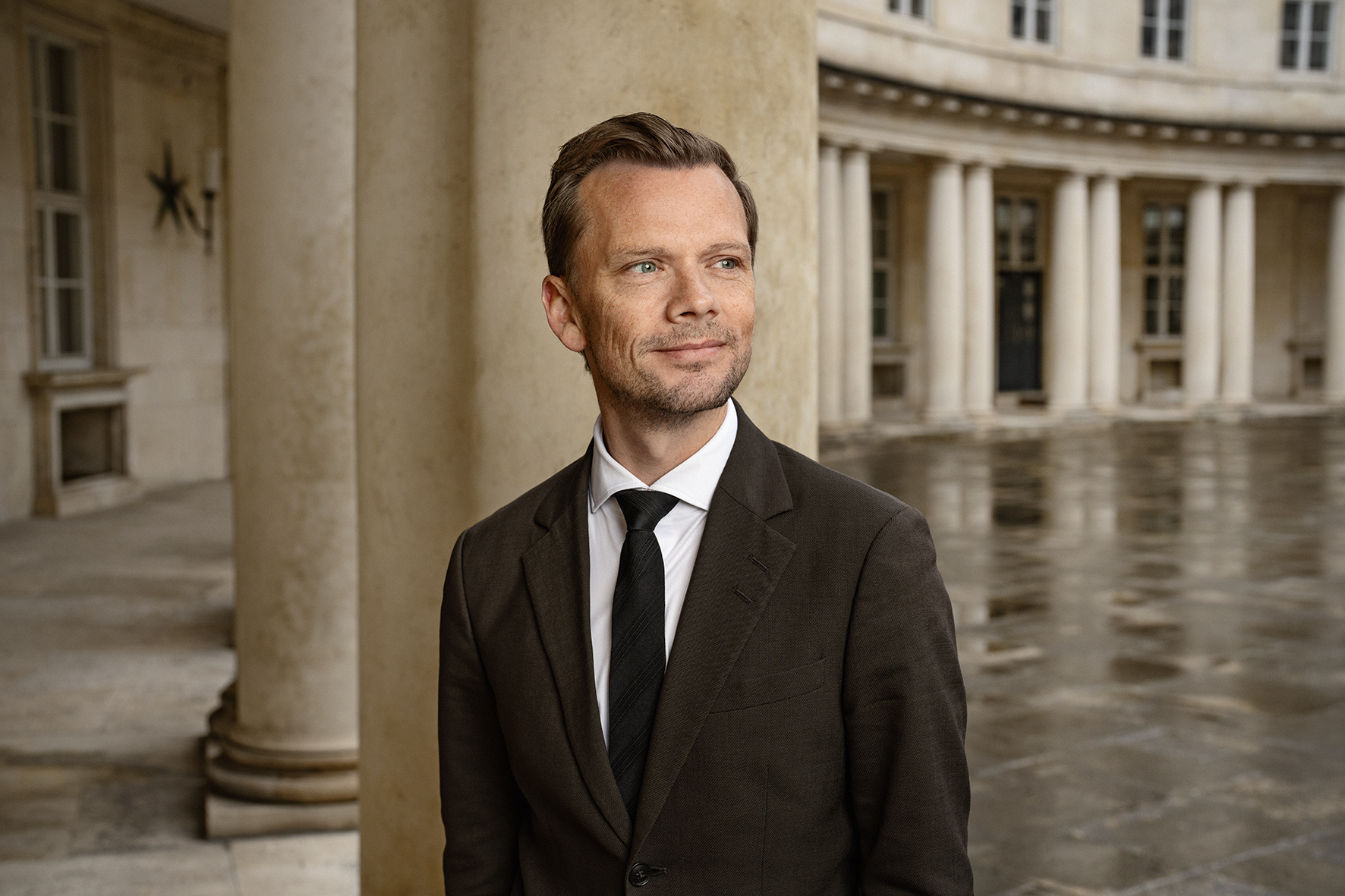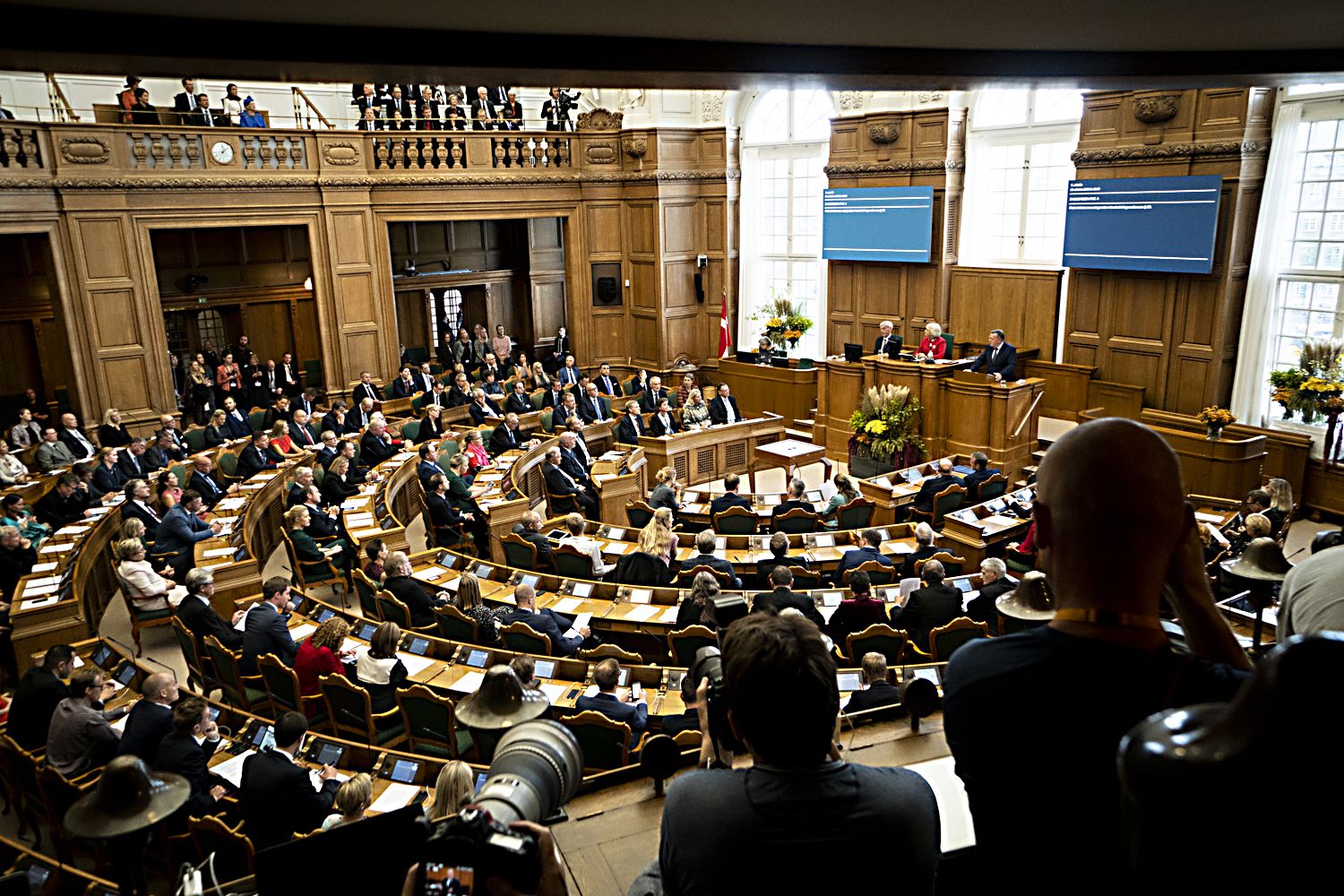Philanthropic work is like oxygen: often invisible but vital for our societies.
In Denmark the undisputed giant of philanthropy is Realdania, an association that has endorsed 4,500 projects with more than 2.9 billion euros.
CEO’S insights
In this interview, Jesper Nygård, the CEO of Realdania, shares some of his insights.
Diplomacy Magazine caught up with him in early September.
Why is philanthropy now more important than ever?
The world is at a tipping point. We have a grave climate crisis, and inequality is increasing. Concurrently we see several global crises such as the COVID-19 pandemic and the War in Ukraine. Therefore the importance of unity and joined efforts cannot be stressed enough.
At Realdania, we often say: “Together, we can do more.” Working together is an important part of the approach to solving problems. As a philanthropic association, we seize the opportunity to contribute to solutions with innovative recourse and capital – and to use our influence to bring all the right participants to the table.
Realdania mainly supports Danish initiatives; however, some challenges require international co-operation.
Climate does not stop at man-made city limits or country borders. In the combat against climate change, we are at a tipping point where action is required – on all levels – globally. States, municipalities, cities, corporations and citizens. All sectors of society need to play their part. Only together can we stop the severe crisis.
Therefore, in 2013, we became part of C40 – the global network of cities that collaborates on reaching the climate goals of the Paris Agreement.
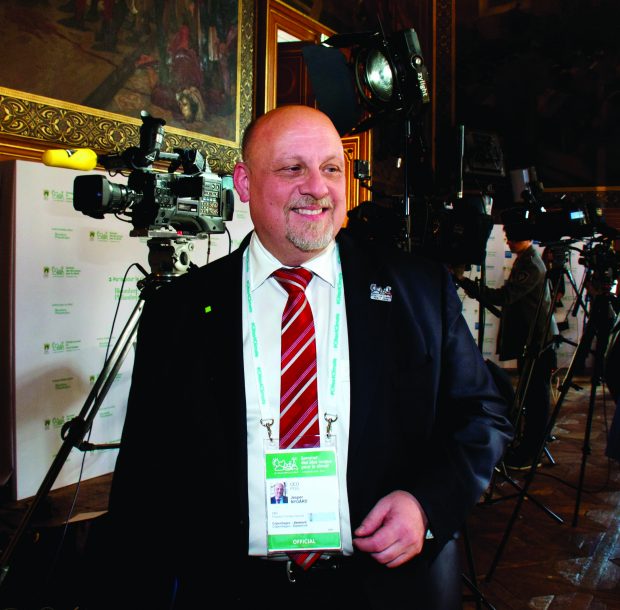
You are a strong believer in co-operation. Why?
One of the greatest milestones I have experienced in this regard was the establishment of the Sustainable Development Goals. I was there in New York when the UN approved the 17 development goals on 25 September 2015. With these goals, the global community has set a united course towards a more sustainable world. This is vital. By setting those goals together, it becomes not only the goals of the UN, but also the goals for you and me.
Denmark is one of the leading nations at accomplishing the UN goals. How did you help?
Among other things, we have, together with other foundations, supported ‘translating’ the Sustainable Development Goals of the UN into a Danish context and establishing a baseline that allows us to track and follow specific development in our country. It is fantastic to experience how a new sustainability agenda has been embraced by almost every Danish boardroom by now.It is fantastic to experience how a new sustainability agenda has been embraced by almost every Danish boardroom by now.
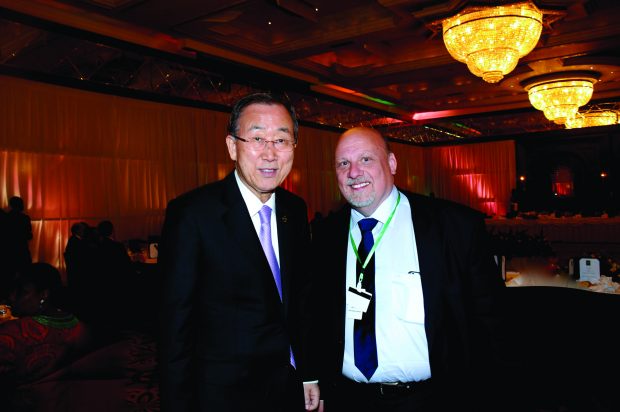
Also at Realdania?
Yes. In 2016, we supplemented our strategic goals with the Sustainable Development Goals and, since then, they have been incorporated in our overarching philanthropic strategy, our approach to investments, and in our daily operations as an association.
The Sustainable Development Goals are a terrific example of collaboration and joint effort.
From Kronborg Castle to world-leading cultural institutions such as the Louisiana Museum of Modern Art, Realdania supports countless initiatives. Can you give us some examples?
Looking small-scale, I could mention our initiative ‘Wonderworks’. In recent years we have supported more than 200 initiatives involving local enthusiasts. We help them to strengthen social communities in order to increase the quality of life in Denmark.
Would you please give me some Wonderworks examples?
On a small island near Funen, a group of people have brought new life to an abandoned engine factory. The machines are now used by locals and there are concerts and other events in the old factory buildings. At another place in the north of Jutland we have supported a community-cinema. Almost every citizen in the town is today a member of the community built up around the cinema.
Large-scale I would mention our constant effort is to help to preserve important historic buildings in our country domestically in Denmark. We support their transformation into landmarks with contemporary purpose and function whilst maintaining as many of their original features as possible. We preserve the use of the historical buildings as a strategy. We call this ‘cultural sustainability’. This concept builds bridges between the present and our history. It values and accentuates identity and local pride.
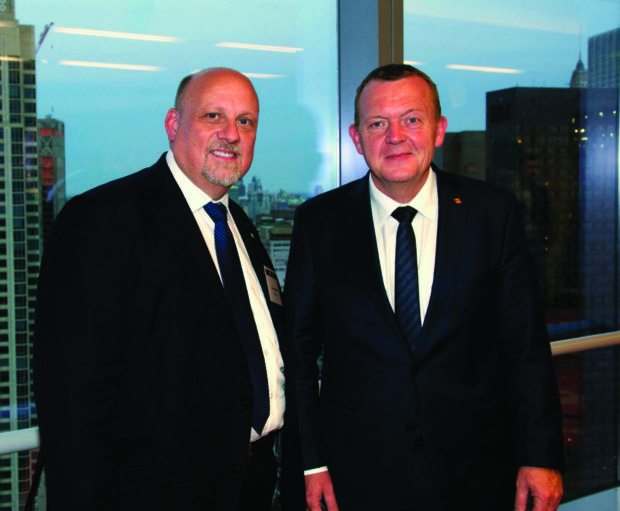
Could you give us some examples of Realdania’s cultural sustainability?
Together with others, we transformed the factory where the world-famous. Holmegaard glass was previously produced. Today it is a glass museum that also exhibits Kähler ceramics. We also helped to build a world-class visitor centre for the Wadden Sea World Heritage Site. Together with our Greenlandic partners, we have built a similar visitor centre by the Ilulissat Ice Fjord.
Are you also involved in landmark buildings in your capital?
In Copenhagen we have built and now own the iconic BLOX building by the waterfront. This started as an urban development project that aimed to create life and activity in a spot that used to be a parking lot. Today BLOX houses the Danish Architecture Center as well as a very special community of organisations and companies. Together they work on sustainable solutions for future cities.
Last, but not least, we have been working a lot with ‘climate sustainability’ in recent years – especially investigating how we can construct buildings in a more sustainable way.
Why are buildings so important in a climate-context?
Up to 40 percent of the global CO2-emissions are caused by the construction industry and the built environment – especially in cities. Therefore, reducing this emission rate is a key component in fighting climate change.
At the same time, it is often the built environment that takes the hit when increasingly extreme weather and rising water levels come calling. Therefore we aim to develop new tools and certifications for more robust buildings. Our goal is to implement a sustainable agenda and to push the construction industry towards a green transition.
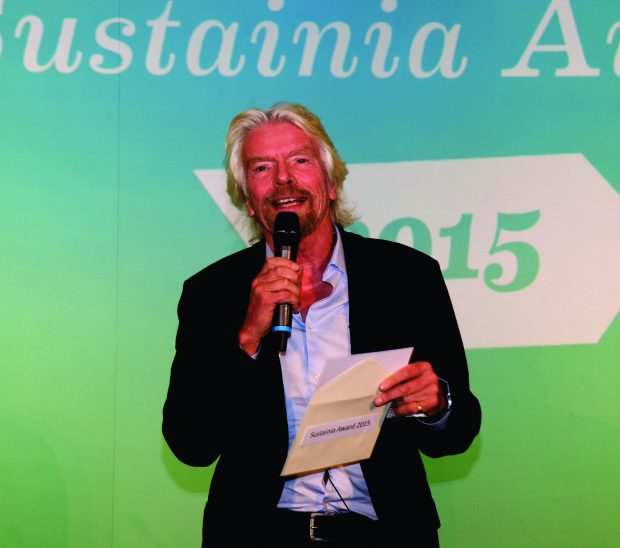
Your efforts helped Denmark to become one of the leading nations in terms of climate technology and climate protection. You are also a board member of C40, a network of mayors of major cities which was founded by Michael Bloomberg. Why is this initiative so important to you?
Whether you are a big international megacity, a regular Danish town or a municipality, the serious problems we are facing demand co.operation, trust, innovation and co-creation. C40 and the Danish initiative DK2020 help to develop solutions that enable us to be in line with the Paris Agreement.
The challenges are so big and acute that we all have a moral obligation to team up, share our resources and open-source our knowledge.
The Vikings were legendary for their bravery. Is it the Viking blood that makes the Danish such daring inventors and such good community builders?
Coming from a tiny country in Scandinavia, we often see ourselves as being David against Goliath. Professor R James Breiding explained this phenomena in his book ‘Too Small to Fail: Why Some Small Nations Outperform Larger Ones and How They Are Reshaping the World’.
So I don’t think our success is due to our Viking heritage. We live in a modern welfare society. Our school and other education systems, the state, the private sector and the foundations – they all work together in order to foster innovation.
We also have a high level of confidence – we trust each other, the government, the civil servants, as well as, for example, researchers.
Realdania has gained a lot of valuable specialist knowledge in the past 22 years. What has surprised you most?
The overwhelming force of our local enthusiasts and communities.
It has surprised me that knowledge and passion is equally important to money and donations.
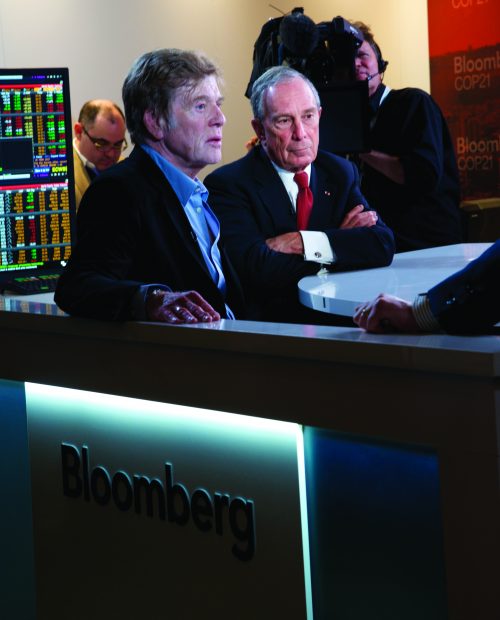
What is your best advice?
My best advice is to never underestimate the power of collaboration. This is not always easy. Depending on whether you are a company, NGO, a foundation, a researcher, a state or a municipality, you have different tasks and different frameworks. Therefore collaboration sometimes feels difficult. But with respect for each other’s point of view, the more we do it, the better we get at it.
Have you always been a team player?
I played football as a child; I was a goalkeeper – and not entirely without talent. And I was for a short time a boy scout, but thought it was too dull. Today I am still a dedicated football fan and a proud board member of my childhood idols: the football club Brøndby IF. I watch all their games – preferably at the stadium. But yes, I have always enjoyed working together in groups. And that’s the reason why I chose a university based on working in groups when I took my master’s of science in public administration and politics in the 1980s.
You are also a family man.
Yes, I love to spend my spare time with family and friends.
In the early 80s, together with three good friends, we founded a card-playing club. Today we still meet to play the game Whist.
On long walks with my family, we are now accompanied by our newest member – my dog Cleo, a beautiful, bright white Samoyed.
Like many Danish, you are a passionate cyclist. Even in New York, on your way to the United Nations, you took a ride on a bike.
In the summertime I ride my bike a lot. Therefore it was exciting for me to experience the Tour de France in June. The Grand Depart, the first stage, started right outside Realdania’s office building in the centre of Copenhagen.
What is your biggest dream?
My biggest dream is that the world will succeed at achieving the SDGs and the Paris Agreement that limit global warming to 1.5 degrees. Our task as a society and as individuals is to pull ourselves together and focus fully on acting in a way that we, in all matters, owe to our children and grandchildren. This requires action NOW!!

